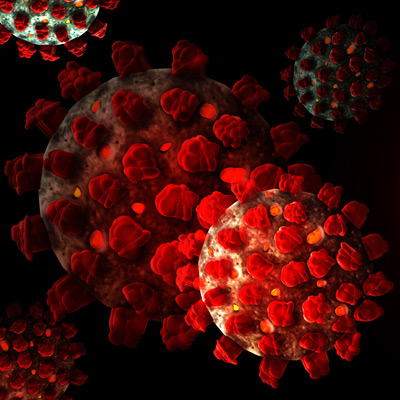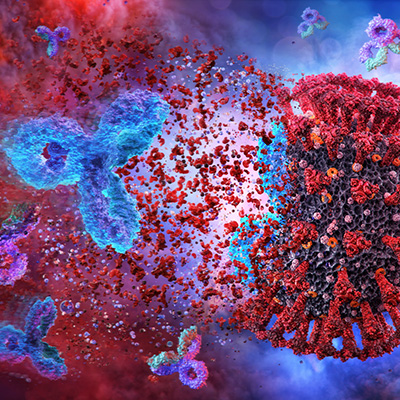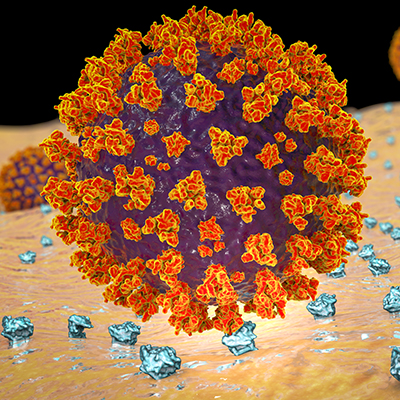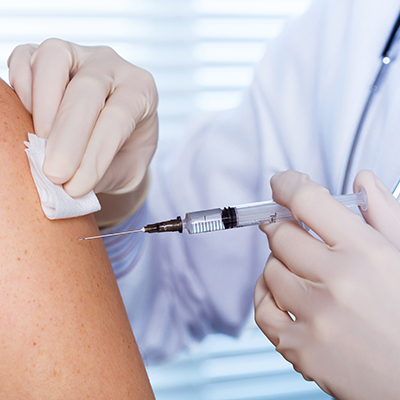October 31, 2022 -- Yale University scientists have concocted a new nasal vaccine that strengthens immune responses to COVID-19 in previously vaccinated animals and reduces viral transmission, which may help prevent breakthrough infections of vaccinated individuals.
The "prime and spike" vaccine approach jumpstarts the immune response in the respiratory system as opposed to stimulating a broad-based immune response throughout the body like with intramuscular vaccines (Science, October 27, 2022).
The protection afforded by traditional vaccines tends to wane after about four months and leaves people susceptible to breakthrough infections but this new approach may prevent that by bolstering the immune response within the mucosal lining of the respiratory tract. This is where cells are first attacked by COVID-19 and therefore the body can respond to the virus more quickly by stopping it at its entry point.
The researchers delivered the nasal vaccine to both vaccinated and unvaccinated mice and found an increased immune system response in the respiratory tracks of vaccinated mice only. Mice that had not been previously vaccinated, and vaccinated mice that did not receive a nasal vaccine, died from infection. However, mice that received the intranasal spike booster were completely protected from death and disease.
In hamsters receiving the nasal vaccine, there was a decrease in duration and the total amount of viral shedding. The hamsters vaccinated with the prime and spike method were also found to have reduced viral loads when housed with infected, unvaccinated hamsters.
Lastly, the scientists found an increased breadth of immune response among the animals receiving the nasal vaccine, which indicates the approach could be effective against a broad spectrum of coronaviruses as well.
Copyright © 2022 scienceboard.net











